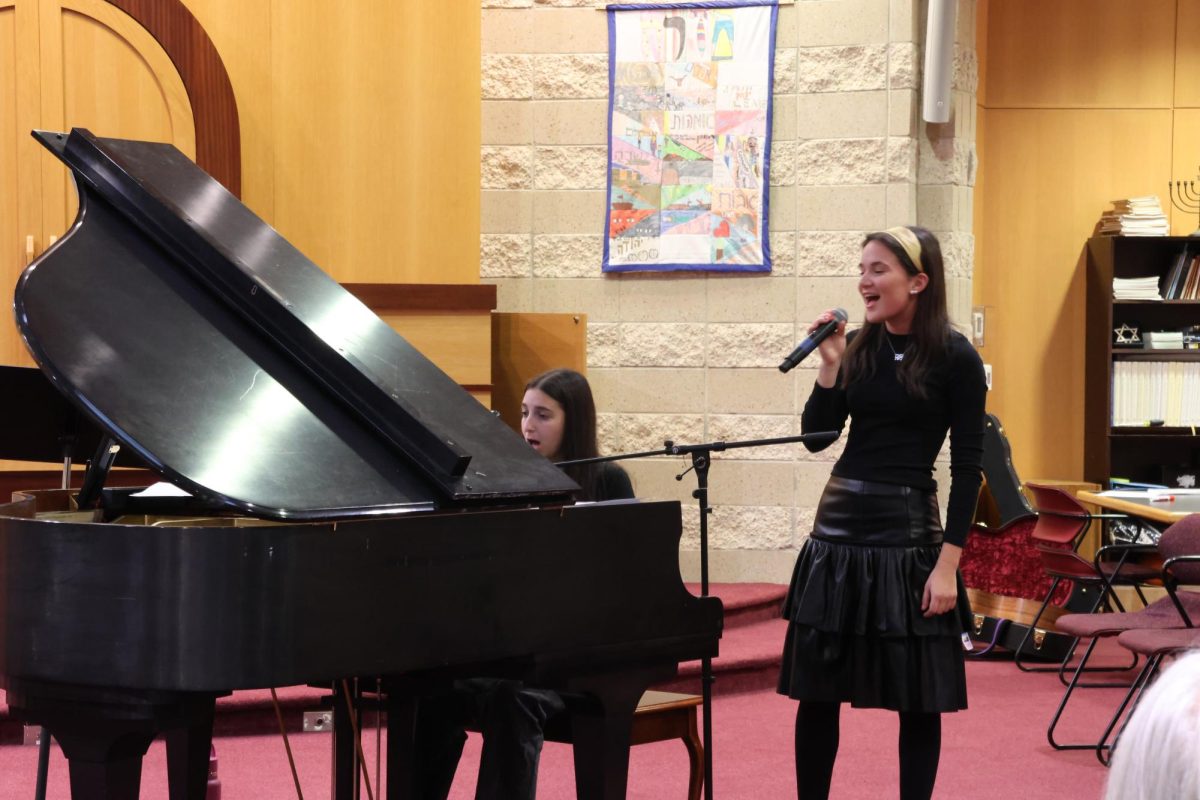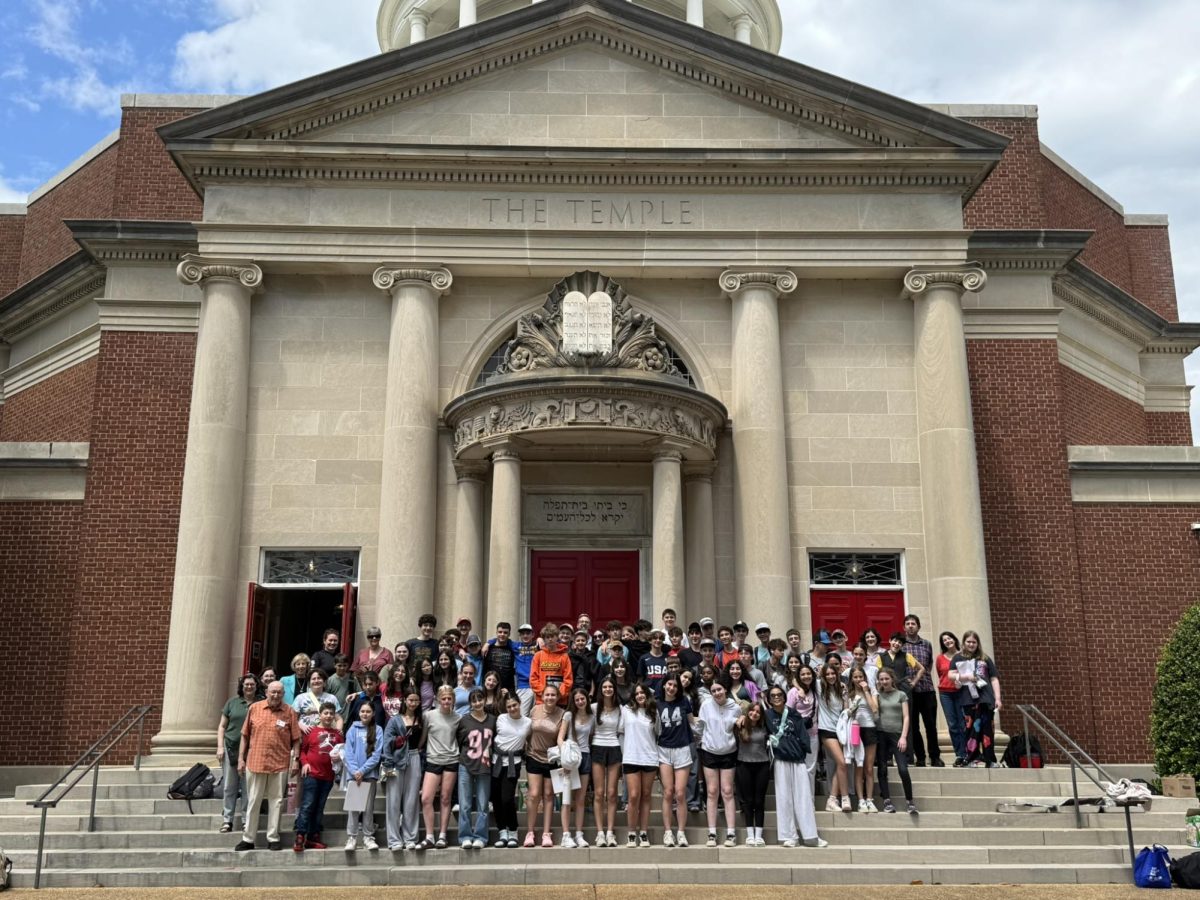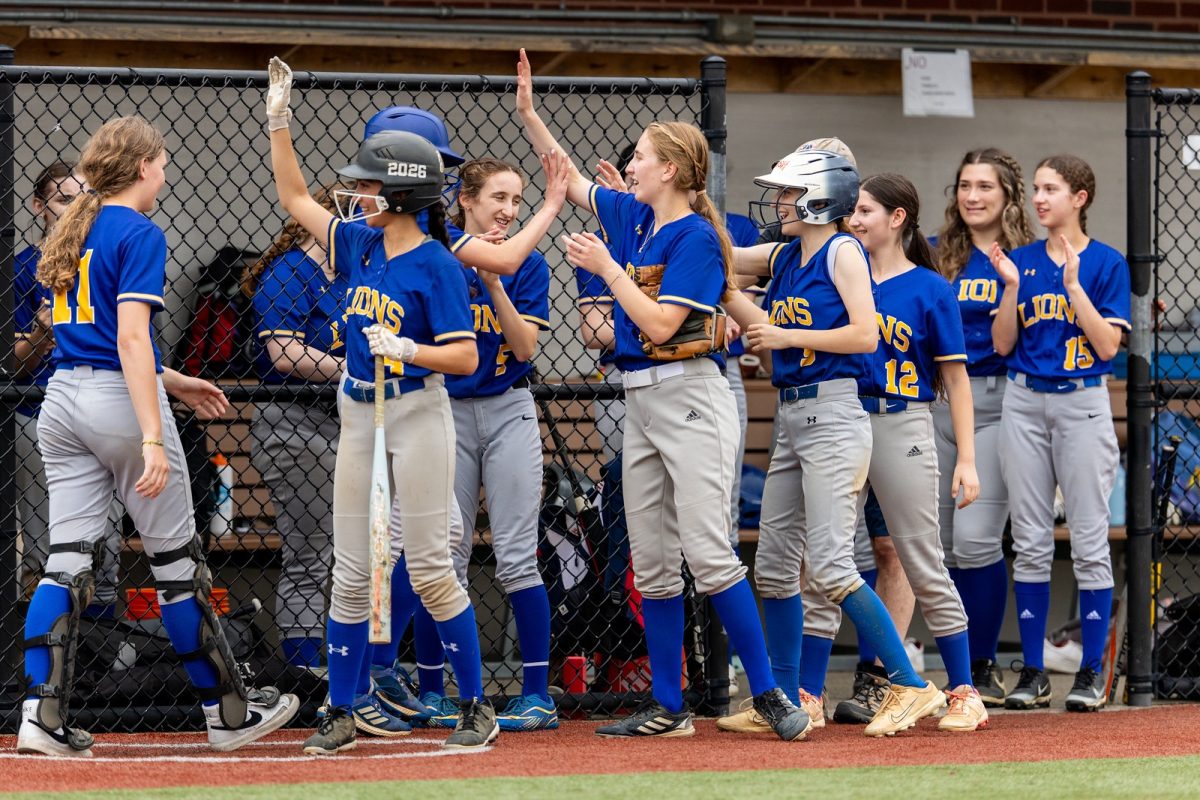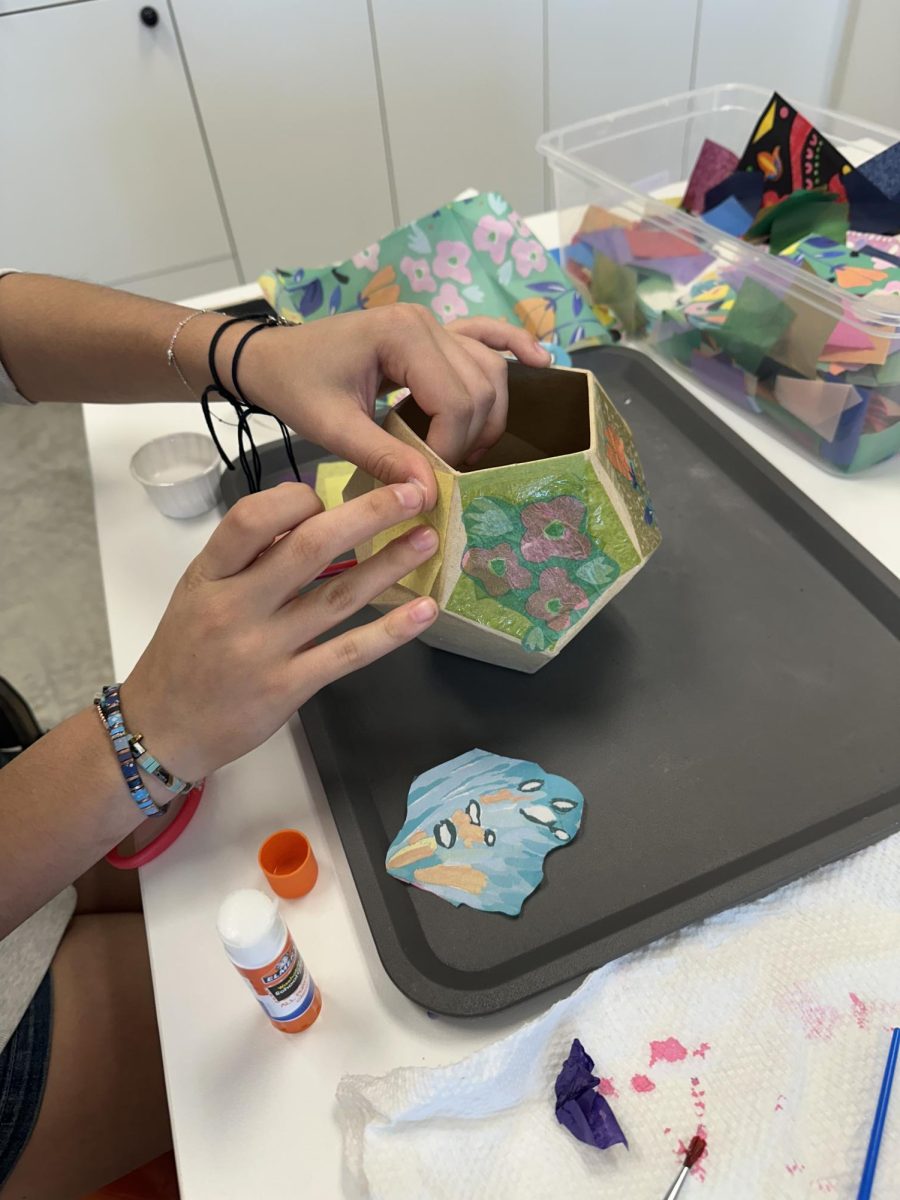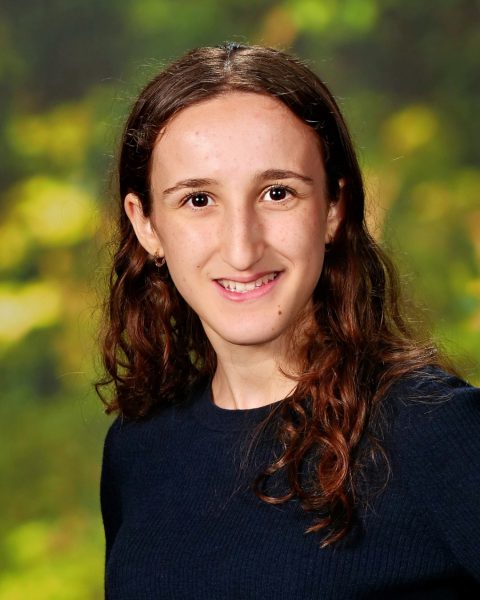This year, the administration is making an extra effort to enforce the school’s kippot policy. Having been neglected largely because of the COVID- 19 pandemic, the school has made the decision to refocus and reemphasize this practice, according to High School Jewish Life Chair Robbie Shorr.
The guidelines for kippot remain the same as they have been for many decades. Male-identifying students are required to cover their heads with either a kippah or hat at school except when participating in athletic activities. While only male-identifying students are required to cover their heads, other students can choose to do so as well. This practice is intended to demonstrate respect and represent Jewish identity.
“There is some sort of unity that only we can understand by being part of this strange, unique community,” Shorr said. “And the hope is that by everybody getting committed to this [the policy] again, it will really help with that bonding feeling.”
During the pandemic, administrators focused more on enforcing masks in order to prevent germs from spreading, leaving the enforcement of Kippot secondary and less adhered to, according to Shorr.
Many students, like junior Yedidya Milner-Gillers, agree and appreciate the enforcement of the practice and believe that it brings a much needed sense of unity to the school.
“It’s not just about your personal beliefs,” Milner-Gillers said. “It’s our identity as a Jewish school. It’s our responsibility to broadcast that to everyone else and for us to be really proud of our Judaism and the very visible staple of Judaism is a kippah.”
However, not all students feel this policy is beneficial. For sophomore Leo Steindecker, wearing a kippah everyday is impractical because it is easy to forget and does not always stay on. Steindecker would feel more at ease with this policy if there were kippot in classrooms for students when they forget their own.
Additionally, some students don’t want to be forced to wear something on their head at all.
“It’s just annoying to remember every single day,” sophomore Simon Bard said. “I’m very forgetful. It’s hard to manage.”
Shorr believes that the process of enforcing Kippot can be disruptive when teachers have to constantly remind students to cover their head. Taking time during class to remind a student to find a kippah and for the student to find it can be distracting to other students when engaged in learning.
“By setting just a positive culture and by providing the kippot, we make it enjoyable, we make it convenient,” Shorr said.
JDS has purchased brand new kippot for students to wear this year that will arrive shortly after the High Holidays. Shorr said the goal of the new kippot is to encourage and cultivate a positive atmosphere for wearing kippot by providing new JDS-branded kippot.
“I think the kippah speaks more than just what you practice, but who you represent,” Milner-Gillers said. “And you want to represent the people who you really belong to.”





